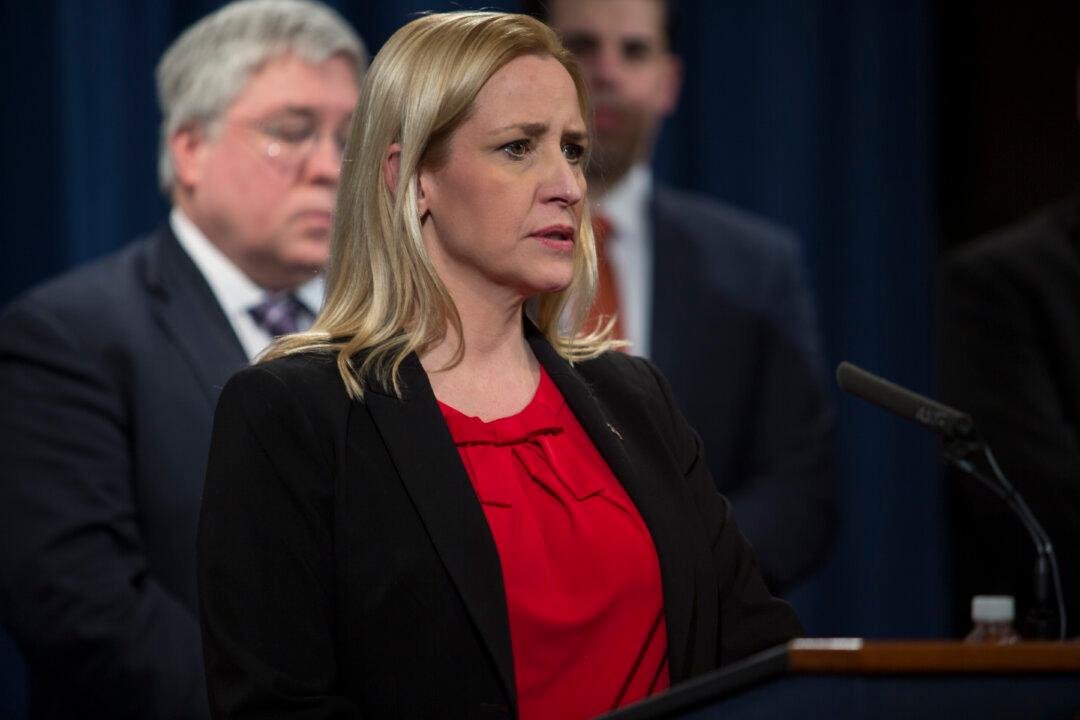The Trump administration has joined Arkansas in filing papers with the Supreme Court asking it to reinstate Medicaid work requirements in the “Natural State” that were blocked by a federal appeals court.
Medicaid is a joint federal-state program that serves low-income people of all ages and varies from state to state. It is run by state and local governments within federal guidelines. Each state sets its own rules about eligibility and services. Although patients usually don’t have to pay for covered medical expenses, a small co-payment is sometimes required.





